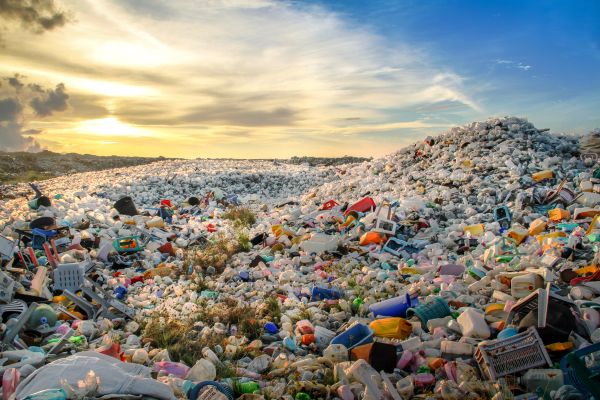
Businesses all around the globe are seeking sustainable strategies to limit their environmental footprints to keep up with modern environmental consciousness and demand. The consequences of excessive waste are evident and alarming, urging company owners to reconsider their waste management practices. Here, we discuss how companies can limit what they send to landfills. Use this advice to reduce your business’s landfill contributions, benefit the environment, and save money in the process.
Re-evaluate Waste Production
The first step in cutting down landfill waste is to evaluate your current waste production. By conducting a thorough assessment of the waste your company generates, you can identify the key areas where waste reduction is possible. This might involve auditing your daily operations and pinpointing which materials constitute the bulk of your waste. Once you’ve identified problem areas, brainstorm with your team on how to reduce these specific waste streams. Implementing simple changes like going paperless wherever possible or using sustainable packaging materials can significantly decrease overall waste.
Make Waste Compact With Industrial Shredders
An effective way to reduce the volume of waste that ends up in landfills is to compress and shred it. Though this doesn’t technically mean you contribute less waste, it does mean that the waste you contribute doesn’t overload landfills. Think of shredding as the large-scale equivalent of breaking down cardboard boxes before recycling. Plus, by investing in industrial shredders, you can handle large quantities of waste more efficiently. Shredded materials take up less space, meaning fewer trips to the dump. Overall, industrial shredders offer many environmental benefits beyond limiting your company’s impact on landfills, making them essential equipment for sustainability efforts.
Implement Sustainable Procurement Policies
Sustainable procurement is the practice of purchasing goods and services that have minimal environmental impact. By implementing procurement policies that prioritise sustainable sources, you can significantly reduce the volume of waste you generate. This could involve selecting vendors that take back packaging for reuse or choosing products made from recycled materials. These practices contribute to sustainability and often result in cost savings, as eco-friendly products may come with tax benefits or be less expensive to dispose of responsibly.
Optimise Your Supply Chain
Streamlining your supply chain can have a significant impact on waste reduction. An optimised supply chain reduces excess production, minimises waste, and ensures that you use materials more efficiently. By adopting just-in-time delivery methods, you can lower the amount of inventory that becomes obsolete or expires, which is one aspect of the cost-saving benefits of a sustainable supply chain. Furthermore, optimising transportation can cut down on the emissions associated with moving goods and reduce the packaging materials necessary for shipping and handling.
Now that you know how companies can limit what they send to landfills, you can implement some of the strategies at your company to help the environment and your bottom line. Each step towards sustainability is a step towards a better future for our planet and a stronger, more conscientious brand for your business.












